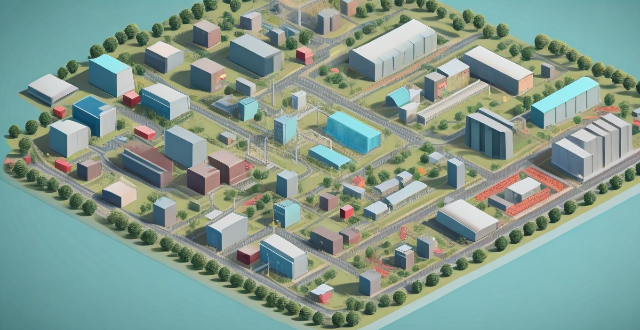Hydrogen fuel cells are a promising technology for renewable energy transition, offering advantages such as zero emissions, high energy density, and renewable sources. They have applications in transportation, stationary power generation, and industrial applications. However, challenges such as cost, infrastructure, and safety concerns need to be addressed for widespread adoption.

Hydrogen Fuel Cells in Renewable Energy Transition
Introduction
Hydrogen fuel cells have emerged as a promising technology for the transition to a renewable energy future. They offer a clean and efficient way to generate electricity without producing harmful emissions. In this article, we will explore the role of hydrogen fuel cells in the renewable energy transition.
Advantages of Hydrogen Fuel Cells
- Zero Emissions: Hydrogen fuel cells produce only water and heat as byproducts, making them an environmentally friendly option for generating electricity.
- High Energy Density: Hydrogen has a high energy density, meaning that it can store a significant amount of energy in a small volume. This makes it an ideal energy carrier for transportation and other applications where space is limited.
- Renewable Source: Hydrogen can be produced from renewable sources such as solar or wind power, making it a sustainable option for long-term energy storage.
Applications of Hydrogen Fuel Cells
Transportation
- Electric Vehicles: Hydrogen fuel cells can power electric vehicles, providing a longer range and faster refueling than battery-powered electric vehicles.
- Public Transportation: Buses and trains can use hydrogen fuel cells as a cleaner alternative to diesel engines, reducing air pollution in urban areas.
- Aviation: Hydrogen fuel cells have the potential to revolutionize aviation by providing a zero-emission alternative to jet fuel.
Stationary Power Generation
- Backup Power: Hydrogen fuel cells can provide reliable backup power during outages or peak demand periods.
- Remote Areas: In remote areas where grid connection is not feasible, hydrogen fuel cells can provide a decentralized source of electricity.
Industrial Applications
- Energy Storage: Hydrogen fuel cells can store excess renewable energy generated during off-peak hours for later use.
- Heat Recovery: The heat produced by hydrogen fuel cells can be recovered and used for heating or cooling purposes.
Challenges and Barriers
- Cost: Currently, the cost of hydrogen fuel cells is higher than traditional energy sources, limiting their widespread adoption.
- Infrastructure: A lack of infrastructure for hydrogen production, storage, and transportation poses a challenge for the development of hydrogen fuel cell technology.
- Safety Concerns: The handling and storage of hydrogen require careful consideration due to its flammability and potential for explosions.
Conclusion
Hydrogen fuel cells play a crucial role in transitioning to a renewable energy future by offering a clean and efficient way to generate electricity. While there are challenges and barriers to their widespread adoption, continued research and development in this field hold promise for a sustainable energy future.